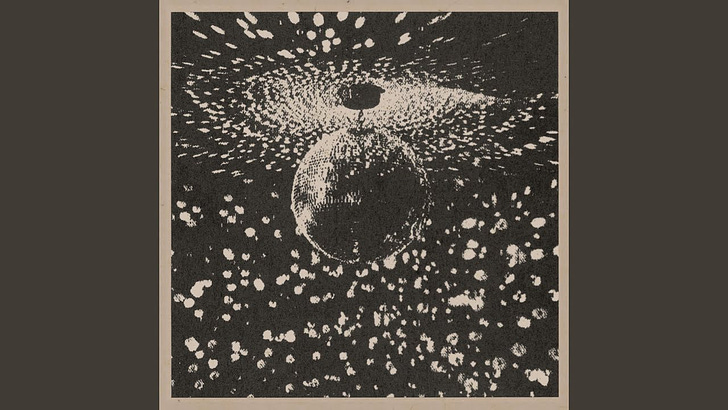Folk-grunge, is that even a thing? I think it is.
It all came to me on a meditation retreat in my kitchen, when I was streaming some of my favorite guitarists while steaming some Brussels sprouts. Brussels sprouts were not the main course, though they could be if I joined Team Vegan full-time.
Brussels sprouts are named after the city in Belgium, in or near where these small but tasty cabbage-baby bundles were first domesticated. The website of word-scout Prof. Paul Brians of Washington State University refers to the incorrect "brussel sprout" in his book Common Errors of English Usage. He says that "Brussels sprout" is the correct usage, but I'm raising my hand here, Prof. Brians! Is "sprout" meant to be both singular and plural? Because only insolent children and picky eaters would eat one "Brussels sprout." I think it should be Brussels sprouts, because four to six, depending on size, would be an appropriate portion as a vegetable side dish for almost anything. (I was keeping my eye …
Keep reading with a 7-day free trial
Subscribe to Critical Conditions by Wayne Robins to keep reading this post and get 7 days of free access to the full post archives.



